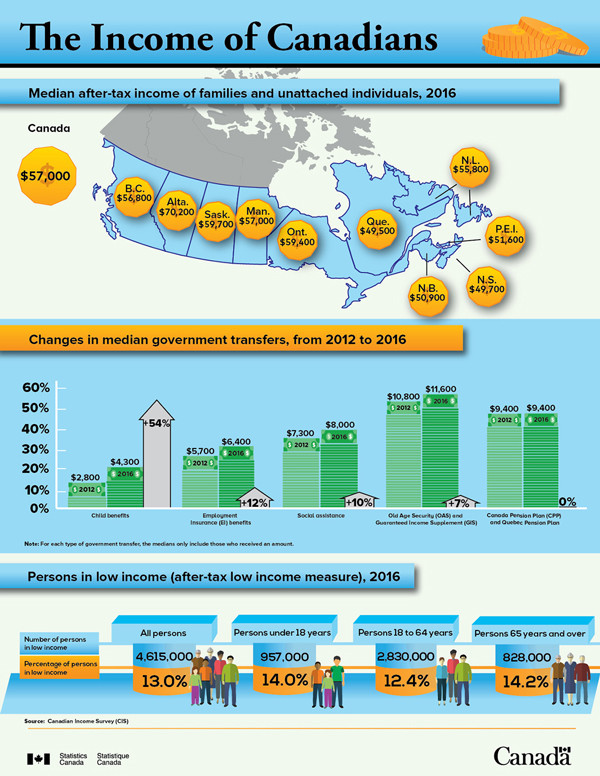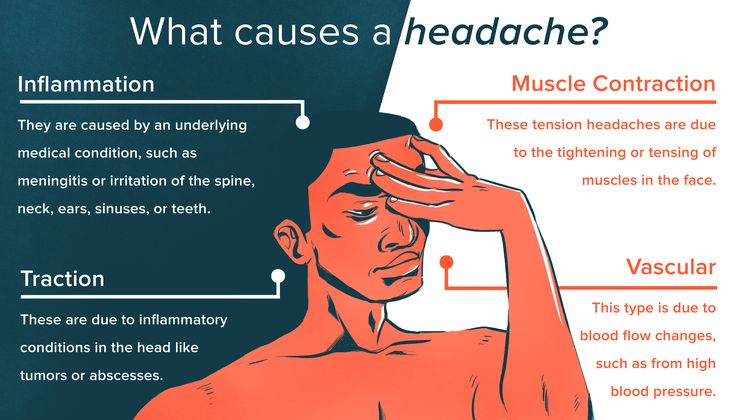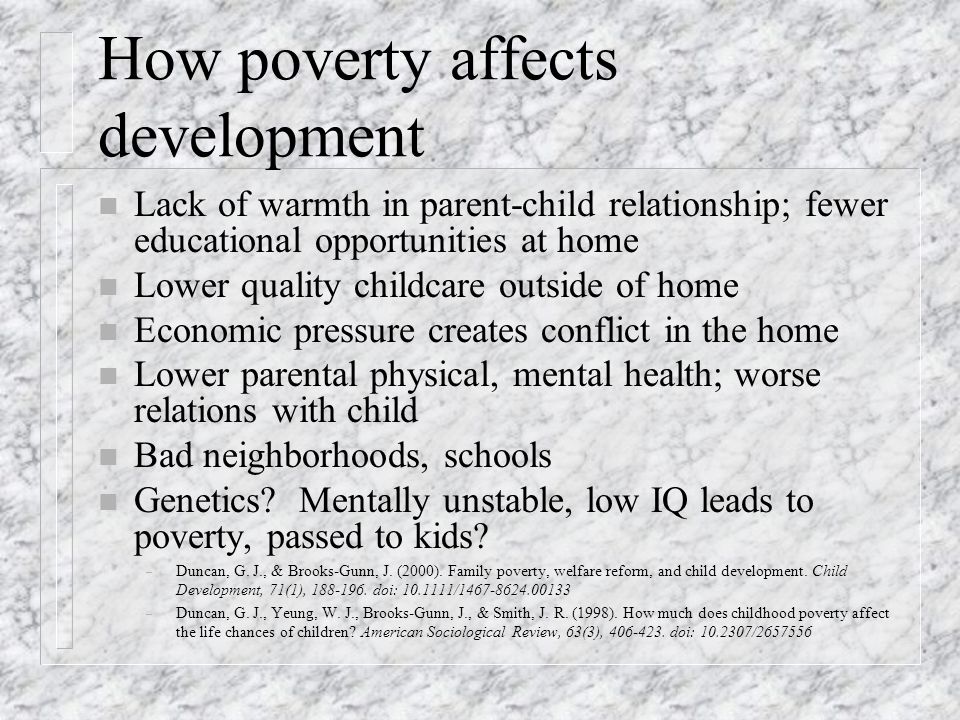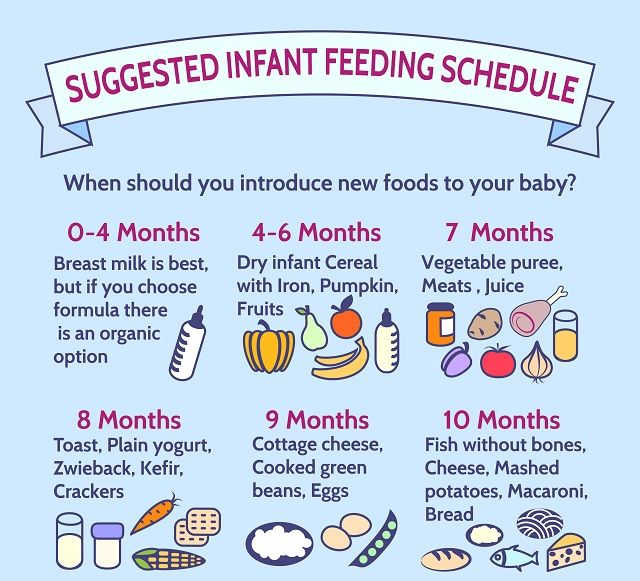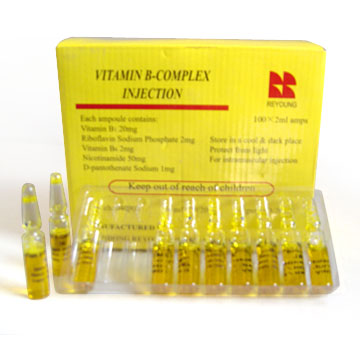Heartburn during pregnancy symptoms
Indigestion and heartburn in pregnancy
Indigestion, also called heartburn or acid reflux, is common in pregnancy. It can be caused by hormonal changes and the growing baby pressing against your stomach.
You can help ease indigestion and heartburn by making changes to your diet and lifestyle, and there are medicines that are safe to take in pregnancy.
Symptoms of indigestion and heartburn
Symptoms of indigestion and heartburn include:
- a burning sensation or pain in the chest
- feeling full, heavy or bloated
- burping or belching
- feeling or being sick
- bringing up food
Symptoms usually come on soon after eating or drinking, but there can sometimes be a delay between eating and developing indigestion.
You can get symptoms at any point during your pregnancy, but they are more common from 27 weeks onwards.
Things you can do to help with indigestion and heartburn
Changes to your diet and lifestyle may be enough to control your symptoms, particularly if they are mild.
Eat healthily
You're more likely to get indigestion if you're very full.
If you're pregnant, it may be tempting to eat more than you would normally, but this may not be good for you or your baby.
Find out more about a healthy diet in pregnancy and foods to avoid.
Change your eating and drinking habits
You may be able to control your indigestion with changes to your eating habits.
It can help to eat small meals often, rather than larger meals 3 times a day, and to not eat within 3 hours of going to bed at night.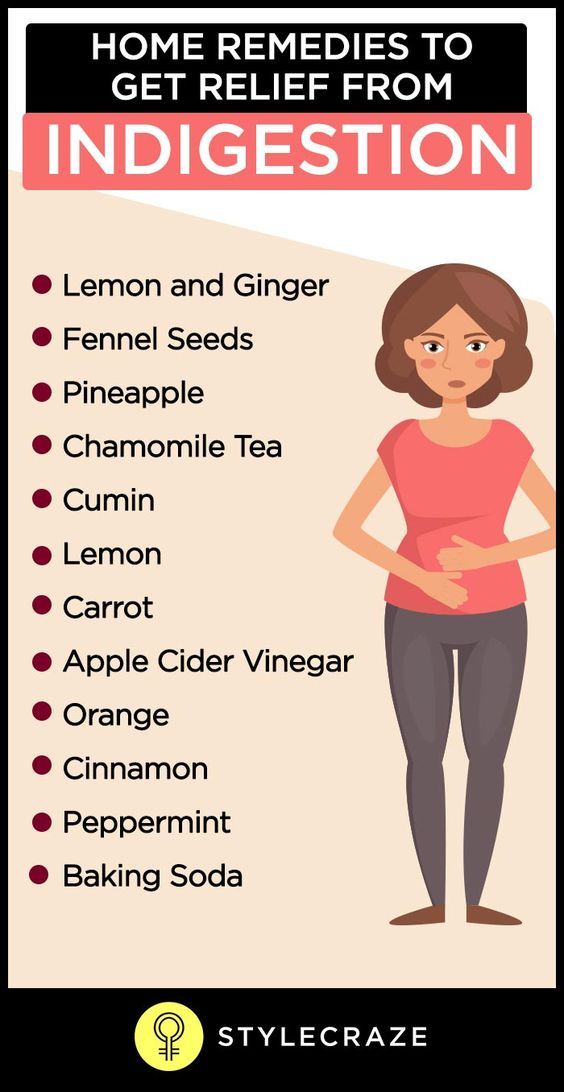
Cutting down on drinks containing caffeine, and foods that are rich, spicy or fatty, can also ease symptoms.
Keep upright
Sit up straight when you eat. This will take the pressure off your stomach. Propping your head and shoulders up when you go to bed can stop stomach acid coming up while you sleep.
Stop smoking
Smoking when pregnant can cause indigestion, and can seriously affect the health of you and your unborn baby.
When you smoke, the chemicals you inhale can contribute to your indigestion. These chemicals can cause the ring of muscle at the lower end of your gullet to relax, which allows stomach acid to come back up more easily. This is known as acid reflux.
Smoking also increases the risk of:
- your baby being born prematurely (before week 37 of your pregnancy)
- your baby being born with a low birthweight
- sudden infant death syndrome (SIDS), or "cot death"
There's lots of help available to stop smoking. Talk to your midwife or call the NHS Smokefree helpline on 0300 123 1044. Find out more about stopping smoking in pregnancy.
Talk to your midwife or call the NHS Smokefree helpline on 0300 123 1044. Find out more about stopping smoking in pregnancy.
Avoid alcohol
Drinking alcohol can cause indigestion. During pregnancy, it can also lead to long-term harm to the baby. It's safest to not drink alcohol at all in pregnancy.
Find out more about alcohol and pregnancy
When to get medical help
See your midwife or GP if you need help managing your symptoms or if changes to your diet and lifestyle do not work. They may recommend medicine to ease your symptoms.
You should also see your midwife or GP if you have any of the following:
- difficulty eating or keeping food down
- weight loss
- stomach pains
Your midwife or GP may ask about your symptoms and examine you by pressing gently on different areas of your chest and stomach to see whether it's painful.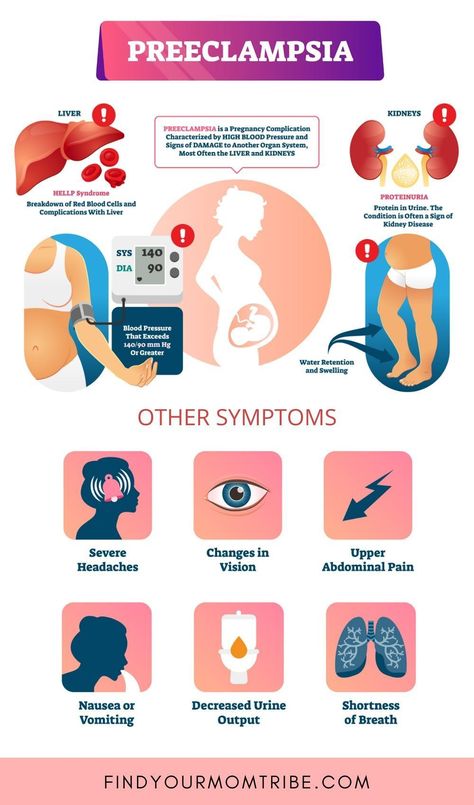
If you're taking prescription medicines
Speak to your GP if you're taking medicine for another condition, such as antidepressants, and you think it may be making your indigestion worse. They may be able to prescribe an alternative medicine.
Never stop taking a prescribed medicine unless you're advised to do so by your GP or another qualified healthcare professional who's responsible for your care.
Medicines for indigestion and heartburn
Medicines for indigestion and heartburn during pregnancy include:
- antacids – to neutralise the acid in your stomach (some are available over the counter from a pharmacist)
- alginates – to relieve indigestion caused by acid reflux by stopping the acid in your stomach coming back up your gullet
You may only need to take antacids and alginates when you start getting symptoms. However, your GP may recommend taking them before symptoms come on – for example, before a meal or before bed.
However, your GP may recommend taking them before symptoms come on – for example, before a meal or before bed.
If you're taking iron supplements as well as antacids, do not take them at the same time. Antacids can stop iron from being absorbed by your body.
If antacids and alginates do not improve your symptoms, your GP may prescribe a medicine to reduce the amount of acid in your stomach. 2 that are widely used in pregnancy and not known to be harmful to an unborn baby are:
- ranitidine – a tablet you take twice a day
- omeprazole – a tablet you take once a day
Causes of indigestion in pregnancy
Symptoms of indigestion come when the acid in your stomach irritates your stomach lining or your gullet. This causes pain and a burning feeling.
When you're pregnant, you're more likely to have indigestion because of:
- hormonal changes
- the growing baby pressing on your stomach
- the muscles between your stomach and gullet relaxing, allowing stomach acid to come back up
You may be more likely to get indigestion in pregnancy if:
- you had indigestion before you were pregnant
- you've been pregnant before
- you're in the later stages of pregnancy
Video: Eating well on a budget
In this video, a dietitian gives advice on how to eat healthily on a budget.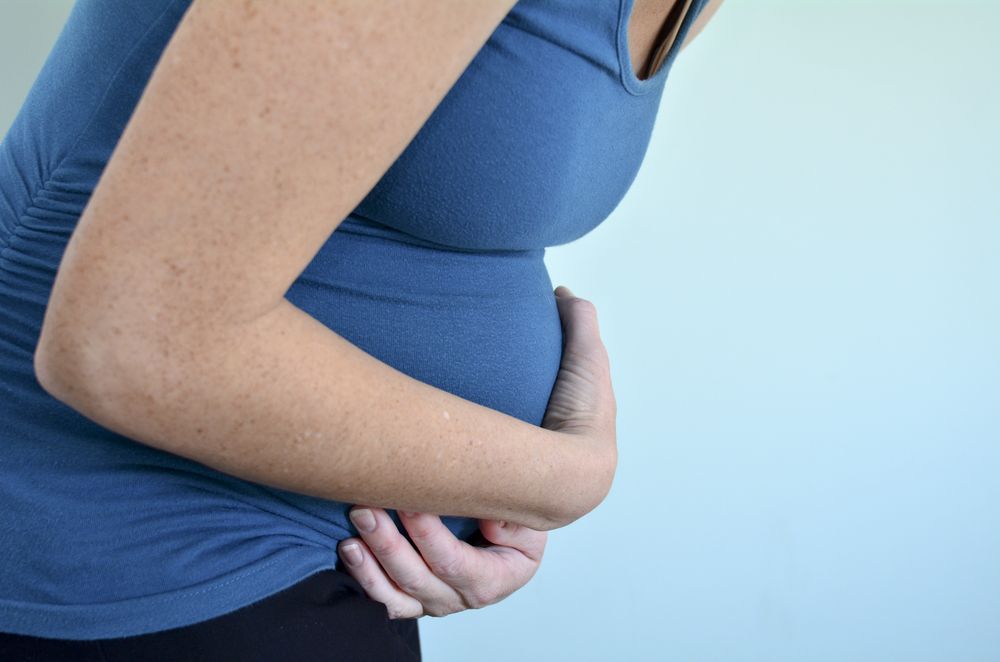
Media last reviewed: 13 January 2021
Media review due: 13 January 2024
Pregnancy and Heartburn
Written by WebMD Editorial Contributors
In this Article
- Symptoms of Heartburn During Pregnancy
- Prevention and Treatment of Heartburn During Pregnancy
- When to Call Your Doctor
Despite its name, heartburn has nothing to do with the heart. (Some of the symptoms, however, are similar to those of a heart attack or heart disease.) Heartburn is an irritation of the esophagus that is caused by stomach acid and is a common pregnancy complaint, especially in the third trimester when the growing uterus places pressure on the stomach. Still it can happen at any time during the pregnancy.
With gravity's help, a muscular valve called the lower esophageal sphincter, or LES, keeps stomach acid in the stomach. The LES is located where the esophagus meets the stomach -- below the rib cage and slightly left of center.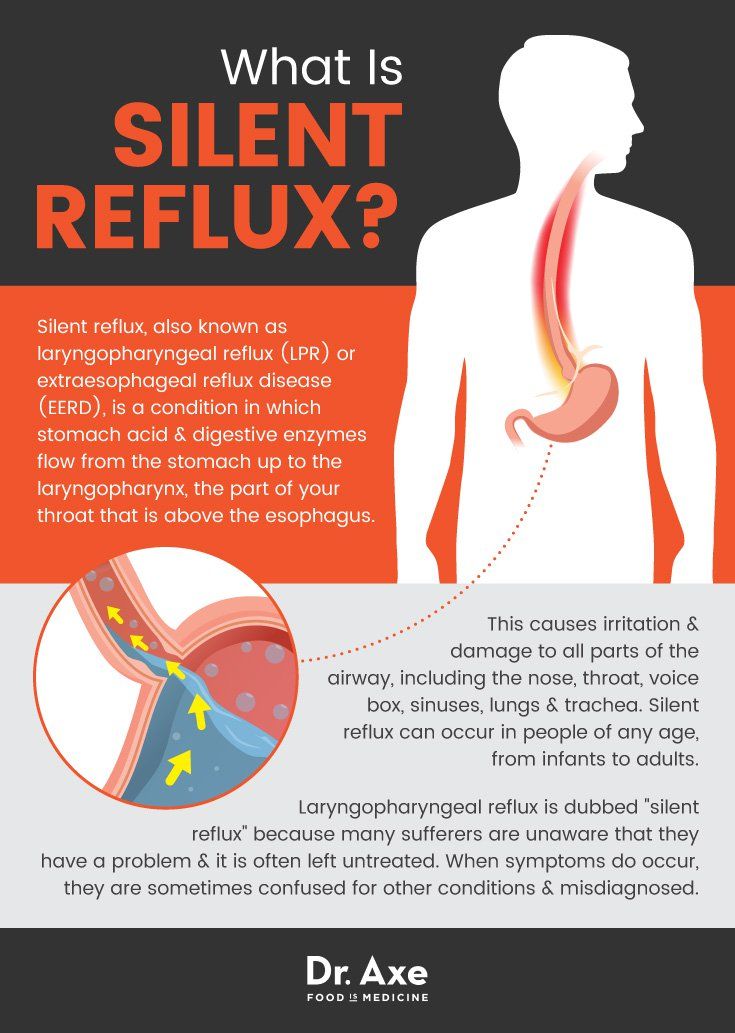 Normally it opens to allow food into the stomach or to permit belching; then it closes again. But if the LES opens too often or does not close tight enough, stomach acid can reflux, or seep, back into the esophagus and cause a burning sensation. hormonal changes from pregnancy can affect the LES as well as transit time in the GI system.
Normally it opens to allow food into the stomach or to permit belching; then it closes again. But if the LES opens too often or does not close tight enough, stomach acid can reflux, or seep, back into the esophagus and cause a burning sensation. hormonal changes from pregnancy can affect the LES as well as transit time in the GI system.
Occasional heartburn isn't dangerous, but chronic heartburn can indicate serious problems, such as gastritis or gastroesophageal reflux disease, also called GERD. Heartburn is a daily occurrence for 10% of Americans and 50% of pregnant women. It's an occasional nuisance for another 30% of the population.
If you didn't have heartburn before you were pregnant, it will probably go away when your baby is born.
Symptoms of Heartburn During Pregnancy
Common heartburn symptoms reported by pregnant women include:
- A burning feeling in the chest just behind the breastbone (the sternum) that occurs after eating and lasts a few minutes to several hours
- Chest pain, especially after bending over, lying down, or eating
- Burning in the throat -- or hot, sour, or salty-tasting fluid at the back of the throat
- Belching
- Chronic coughing
- Hoarseness
- Wheezing or other asthma-like symptoms
Prevention and Treatment of Heartburn During Pregnancy
To ease heartburn during pregnancy without medications, you should try the following:
- Eat several small meals each day instead of three large ones.
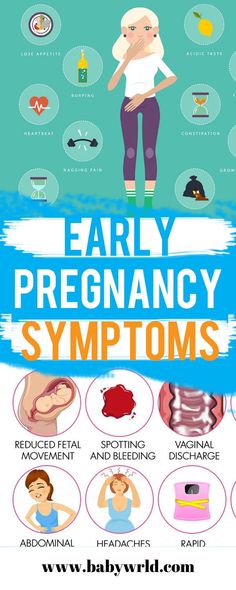
- Avoid fatty, fried, spicy, or rich foods.
- Avoid chocolate, coffee, caffeine, and mint.
- Drink less fluid while eating. Drinking large amounts while eating may increase the risk of acid reflux and heartburn.
- Don't lie down right after eating.
- Keep the head of your bed higher than the foot of your bed.
- Wear loose-fitting clothing. Tight-fitting clothes can increase the pressure on your stomach and abdomen.
- Try to sleep on your left side. Your stomach is on the left, so it's harder for acids to get into the esophagus at this angle.
- Chew a piece of gum. This creates more saliva with bicarbonate, which neutralizes the acid in the esophagus when swallowed.
If your heartburn persists, see your doctor. They may recommend over-the-counter antacids or prescribe drugs that are safe to take during pregnancy. Pregnancy-related heartburn usually disappears after childbirth.
When to Call Your Doctor
Reach out to your doctor if you:
- Want to take an antacid.
 Some are not recommended during pregnancy
Some are not recommended during pregnancy - Have severe hoarseness, wheezing, vomiting, or a hard time swallowing
- Have trouble sleeping because of heartburn
Health & Pregnancy Guide
- Getting Pregnant
- First Trimester
- Second Trimester
- Third Trimester
- Labor and Delivery
- Pregnancy Complications
- All Guide Topics
Heartburn during pregnancy - symptoms, causes and methods of treatment of the disease
Contents
- Causes of heartburn during pregnancy
- What to do for heartburn during pregnancy?
- Preparations for heartburn during pregnancy
Heartburn is an unpleasant feeling of burning or warmth behind the breastbone or in the epigastric region. The symptom occurs after eating or on an empty stomach and is associated with food reflux, that is, the reflux of food processed by gastric juice back into the esophagus.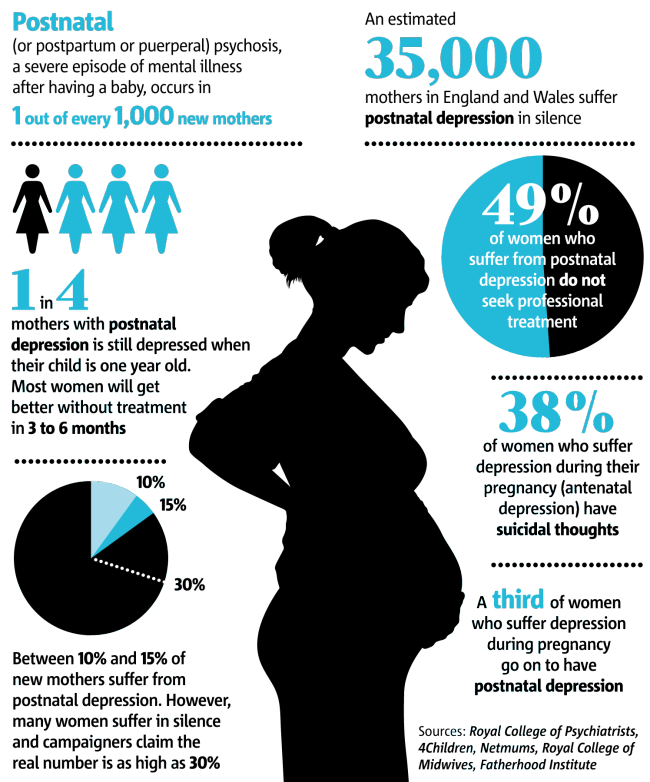 Since the mucous membrane of the esophagus is not adapted to the action of gastric juice, it becomes irritated, which is subjectively felt in the form of heartburn. nine0003
Since the mucous membrane of the esophagus is not adapted to the action of gastric juice, it becomes irritated, which is subjectively felt in the form of heartburn. nine0003
Heartburn in pregnant women is an independent symptom that appears only during the period of bearing a child against the background of the absence of chronic diseases that cause reflux of gastric juice 1 . According to statistics, 30-50% of pregnant women suffer from heartburn, there is evidence that more than 80% of pregnant women complain of heartburn, especially in the third trimester 4 .
Causes of heartburn during pregnancy
Heartburn in pregnancy is a condition that is caused by the changes that occur to the female body during the period of gestation. All factors that can cause heartburn in women in an interesting position can be divided into physiological (natural) and pathological (disease-related). nine0004
Physiological heartburn of pregnant women can occur for two reasons:
- Hormonal - associated with a weakening of the tone of the lower esophageal sphincter.
This is the name of the circular muscle between the stomach and the esophagus, which regulates the flow of food into the stomach and prevents its movement in the opposite direction. During pregnancy, the level of progesterone in the blood rises, which relaxes the uterine muscle, simultaneously acting on all other muscles of the body, including the esophageal sphincter. As a result, the sphincter does not close after eating, but remains open. Any change in body position or contraction of the stomach causes food reflux 4 . Heartburn also occurs if it is disturbed by the movement of food through the esophagus, for example, if the frequency of "reverse" contractions of the esophagus increases in the direction from the stomach to the esophagus 1 .
- Physical - due to the increase in the size of the uterus, the location of the internal organs changes and intra-abdominal pressure increases, which is transmitted to the wall of the stomach and contributes to reflux 4 .
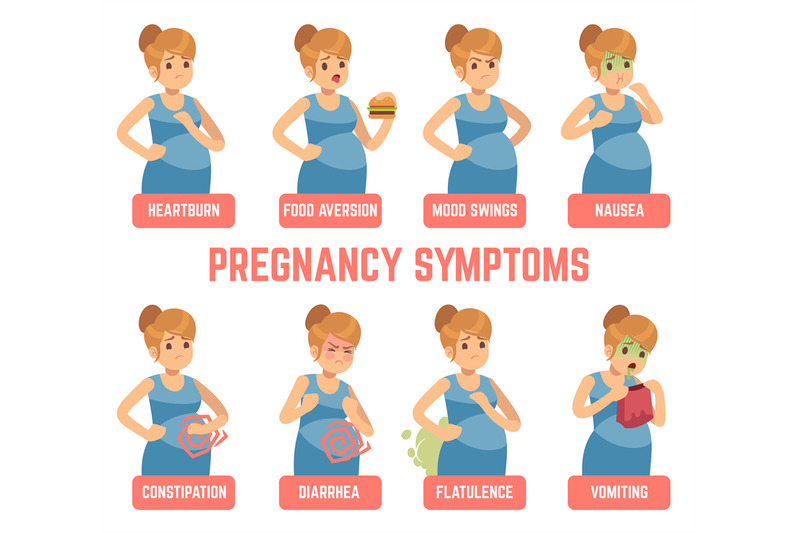
In connection with such changes in the gastrointestinal tract during pregnancy, all pathologies that cause heartburn can worsen. nine0004
Pathological causes of heartburn during pregnancy include the following:
- Gastroesophageal reflux disease (reflux esophagitis) is a pathology of the esophageal sphincter, which occurs more often with diaphragmatic hernia, when the natural curve between the esophagus and stomach disappears, preventing reverse reflux 4 .
- Other diseases of the gastrointestinal tract - gastritis, peptic ulcer of the stomach and duodenum, pancreatitis, diseases of the liver and biliary tract, inflammatory bowel disease 2 . With gastritis and ulcers, the acidity of the stomach increases, and pathologies of other digestive organs cause bloating, constipation, enlargement of the liver, which increases intra-abdominal pressure.
- Taking drugs that relax the lower esophageal sphincter - heart drugs, theophylline, anti-inflammatory drugs, progesterone, antidepressants 4 .
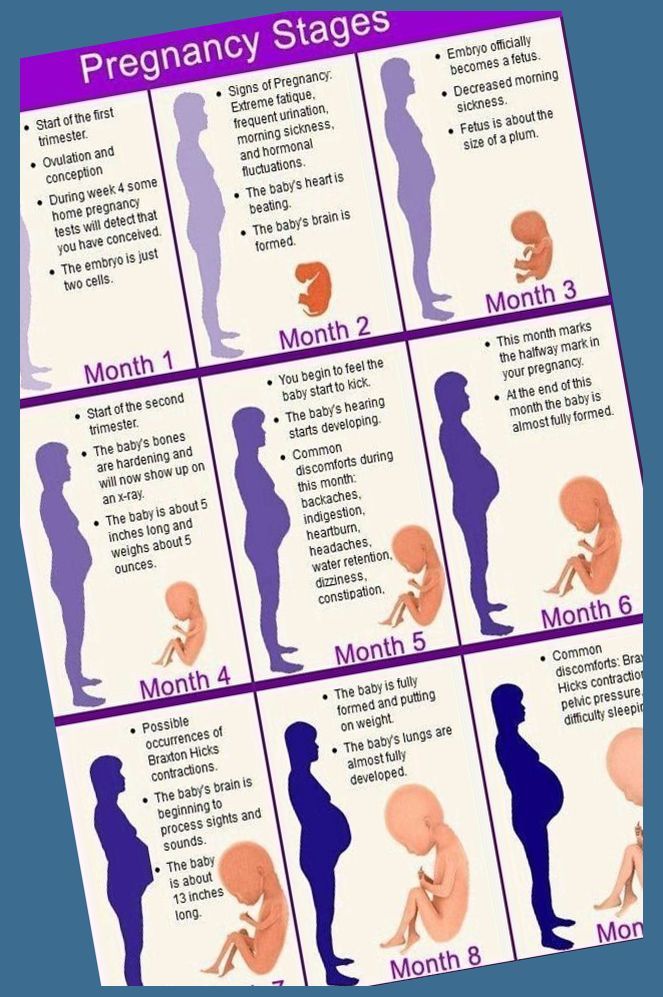
What to do about heartburn during pregnancy?
In the first two hours after eating, hydrochloric acid is produced in the stomach, which is needed for food processing. It is at this time that heartburn is more likely to torment, especially if a woman consumes fatty, fried and spicy foods 7 . Burning behind the sternum can last for several minutes or several hours. Heartburn may recur several times during the day. It is characterized by its strengthening in a horizontal position, with torso tilts, as well as when turning to the other side.
To reduce the severity of heartburn, you first need to adjust the diet and some habits. This helps to reduce the increased acidity of the stomach and prevent the reflux of food back into the esophagus.
Pregnant women should follow the following dietary recommendations 4 :
- Do not eat excessively high-calorie foods.
- Avoid nighttime snacks and especially overeating.
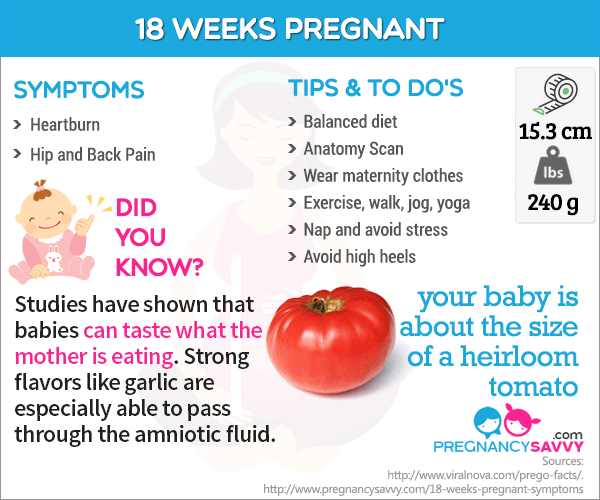
- Eat often and in small portions.
- Do not lie down immediately after eating, do not sleep in a strictly horizontal position, it is necessary to raise the head end of the bed.
- Walk for 30 minutes after eating.
- Eat dinner no later than 3-4 hours before going to bed.
- Do not lift weights, do not make strong and frequent torso bends, do not overstrain the abdominal muscles. nine0011
- Do not wear corsets, bandages, tight belts that increase intra-abdominal pressure.
From the diet for heartburn should be excluded 4 :
- Carbonated drinks (they increase pressure in the stomach and stimulate the formation of hydrochloric acid).
- Cream, whole milk, fatty meats, fatty fish, goose, pork (fatty foods take a long time to digest).
- Chocolate, cakes, pastries, spices (relaxes the lower esophageal sphincter). nine0011
- Citrus fruits, tomatoes, onions, garlic (irritate the mucous membrane of the esophagus).

For heartburn, pregnant women can eat the following foods 6 :
- wheat bread, dry biscuits, dry biscuits;
- baked pies with apples, boiled meat or fish;
- soups of meat, fish, vegetables;
- lean beef, poultry, fish;
- soft-boiled eggs and scrambled eggs; nine0010 sugar, copper, butter cream;
- tea, cocoa, sweet fruit juices, jams, compotes.
Pregnancy heartburn preparations
In 80% of pregnant women, heartburn disappears after childbirth, but severe heartburn during pregnancy, especially if it lasts for several weeks, can persist after the baby is born 4 .
Often, proper nutrition and adherence to lifestyle recommendations do not always help get rid of heartburn. If heartburn is caused by any disease, adequate treatment of the underlying pathology with medications helps to eliminate unpleasant symptoms. nine0004
The use of folk and non-traditional ways to eliminate heartburn during pregnancy is also not effective enough and even potentially dangerous. Many of the herbs used during pregnancy can harm both the woman and her unborn baby 4 .
Many of the herbs used during pregnancy can harm both the woman and her unborn baby 4 .
Therefore, it is advisable to discuss the choice of a drug with a doctor who will help you choose the right remedy for heartburn during pregnancy, paying attention from the standpoint of safety for the fetus and potential impact on the course of pregnancy 4
The results of epidemiological studies of Omez ® 10 mg in the treatment of heartburn in pregnant women show no clinically significant adverse effects on pregnancy and the health of the fetus or newborn 5 .
Omez ® 10 mg is dispensed without a doctor's prescription, but you can take it yourself without specialist advice for no longer than 14 days 5 .
THERE ARE CONTRAINDICATIONS, READ THE INSTRUCTIONS FOR MEDICAL USE OR CONSULT A DOCTOR. nine0004
References:
- Vyuchnova E.S., Yurenev G.
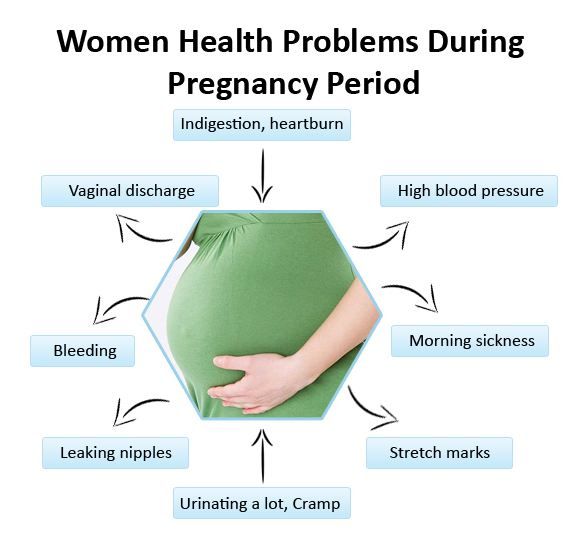 L., Mironova E.M. "The use of proton pump inhibitors in pregnant women: indications and choice" article in the journal "Evidence-based gastroenterology" - 2016 .
L., Mironova E.M. "The use of proton pump inhibitors in pregnant women: indications and choice" article in the journal "Evidence-based gastroenterology" - 2016 . - ZIMMERMAN Y.S., MIKHALEVA E.N. "Possibilities of pharmacotherapy in the treatment of gastroenterological diseases during pregnancy" scientific review - 2015
- Kharkevich D. A. "Pharmacology" textbook - 2010. nine0010 Trukhan D.I., Grishechkina I.A. Treatment of pregnancy heartburn: focus on alginates. Consilium Medicum. 2016;
- Instructions for use Omez ® 10 mg
- Dietary recommendations of the Scientific Society of Gastroenterologists of Russia for patients with GERD
- Obstetrics. National leadership” edited by G.M. Savelieva - 2018.
why it occurs and how to get rid of it
The prevalence of heartburn increases from the 20th week of pregnancy and covers the vast majority of women by the time of delivery.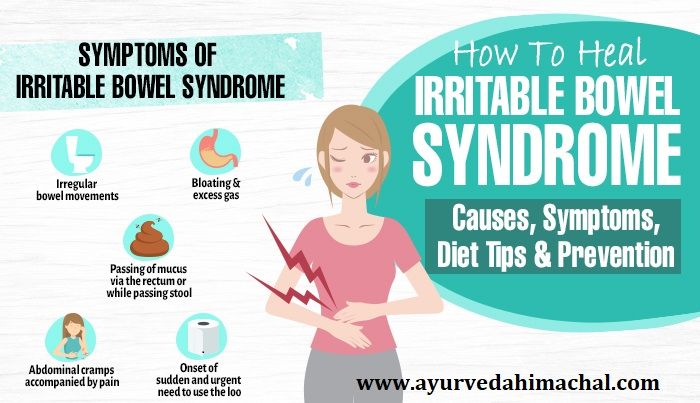 Usually, the symptom is provoked by the "heavy" food eaten the day before, so it can be repeated many times throughout the day, and one episode of heartburn lasts minutes or even hours. In addition to heartburn itself, there may be belching of air, pain behind the sternum, and swallowing is disturbed 1 .
Usually, the symptom is provoked by the "heavy" food eaten the day before, so it can be repeated many times throughout the day, and one episode of heartburn lasts minutes or even hours. In addition to heartburn itself, there may be belching of air, pain behind the sternum, and swallowing is disturbed 1 .
Causes of heartburn in pregnant women
There are a number of factors that predispose to heartburn during pregnancy. These include2:
episodes of heartburn
before pregnancy
multiple pregnancies
overweight before or
significant weight gain
during pregnancy
The main causes of heartburn in pregnant women are divided into: mechanical (physical) and hormonal 2 .
The mechanical cause of is an increase in the size of the pregnant uterus. The growing uterus displaces and compresses other organs in the abdomen, which increases intra-abdominal pressure. At the same time, the stomach is “squeezed” to the diaphragm, the locking mechanism that separates the esophagus from the stomach is weakened, which predisposes to the development of hiatal hernia. In general, the described mechanisms often lead to acid reflux - the backflow of gastric contents into the esophagus, accompanied by heartburn 2 .
The growing uterus displaces and compresses other organs in the abdomen, which increases intra-abdominal pressure. At the same time, the stomach is “squeezed” to the diaphragm, the locking mechanism that separates the esophagus from the stomach is weakened, which predisposes to the development of hiatal hernia. In general, the described mechanisms often lead to acid reflux - the backflow of gastric contents into the esophagus, accompanied by heartburn 2 .
Hormonal causes include an increase in progesterone production. Progesterone reduces the tone of the smooth muscles of the uterus, protecting the pregnancy from the threat of termination. In the same way, progesterone acts on other smooth muscle organs. Under the influence of hormones during pregnancy, there may be a decrease in the tone of the lower esophageal sphincter and a weakening of intestinal motility, including due to a violation of the sensitivity of intestinal receptors to biologically active substances - serotonin and histamine.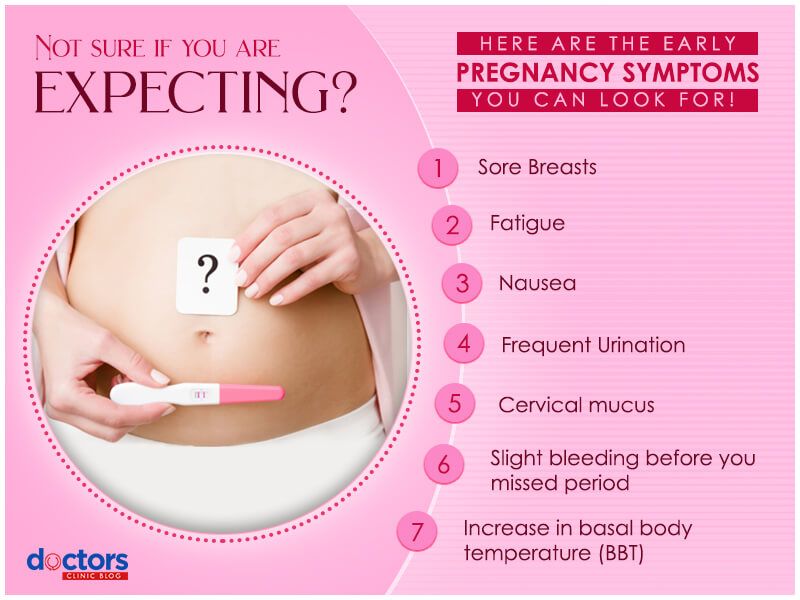 As a result, food can linger in the stomach, increasing the likelihood of acid reflux. Due to the weakening of peristalsis, there is also a risk of constipation and changes in the intestinal microflora 2 .
As a result, food can linger in the stomach, increasing the likelihood of acid reflux. Due to the weakening of peristalsis, there is also a risk of constipation and changes in the intestinal microflora 2 .
First trimester
A complaint in pregnant women at an early stage appears due to toxicosis with repeated vomiting, when the mucosa of the esophagus is constantly irritated by vomit 1 .
First trimester
A complaint in pregnant women at an early stage appears due to toxicosis with repeated vomiting, when the mucosa of the esophagus is constantly irritated by vomit 1 . nine0004
Second and third trimesters
In the second and third trimesters, symptoms may occur due to reduced pressure in the esophagogastric sphincter and functional failure of the upper stomach 1 . Also, in late pregnancy, the factors provoking heartburn may be increased intra-abdominal pressure due to an increase in the volume of the uterus and an increase in the level of gastrin in the blood of pregnant women 1 .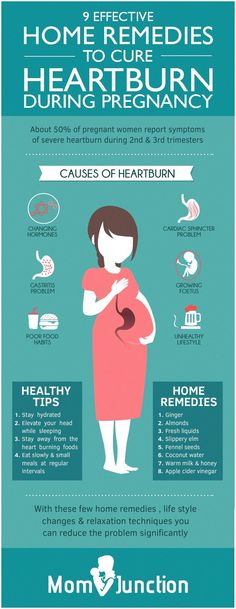
Second and third trimesters
In the second and third trimesters, symptoms may occur due to decreased pressure in the esophagogastric sphincter and functional insufficiency of the upper stomach 1 . Also, in late pregnancy, the factors provoking heartburn may be increased intra-abdominal pressure due to an increase in the volume of the uterus and an increase in the level of gastrin in the blood of pregnant women 1 .
postpartum period nine0029
Unfortunately, the symptoms of heartburn do not always disappear without a trace after childbirth: about 20% of women who experience heartburn during pregnancy also notice it in the postpartum period 2 . It is possible that the development of heartburn in the postpartum period may be associated with the lactation period, this relationship has yet to be established.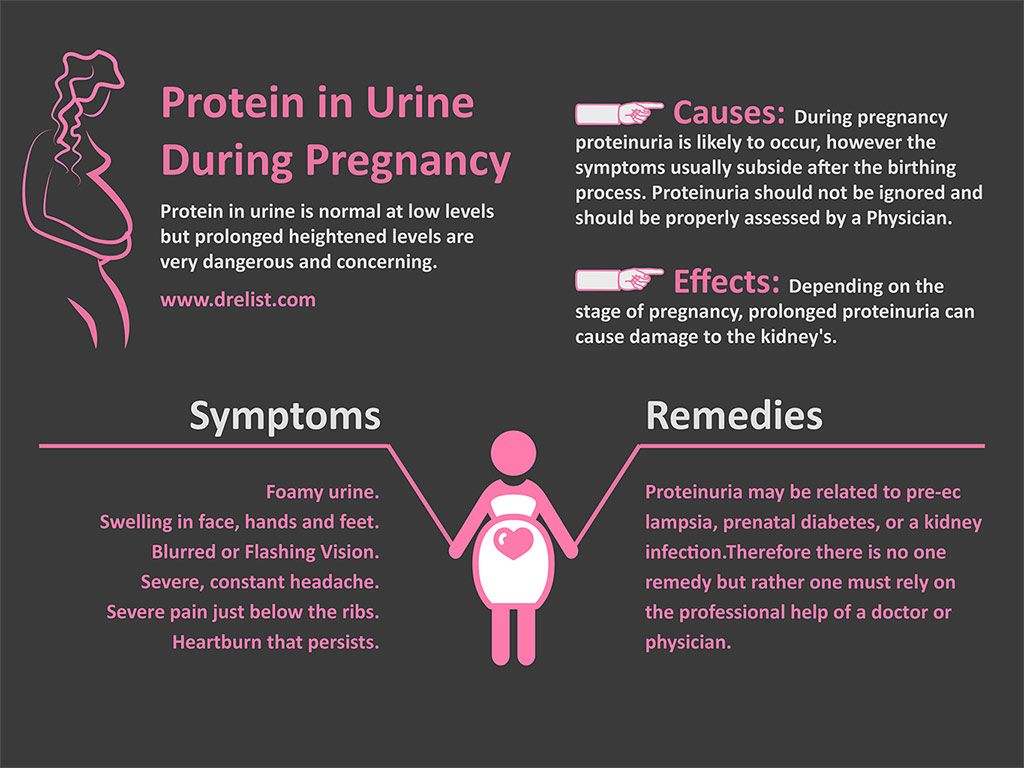 According to the instructions for the medical use of the drug Maalox®, the absorption of combinations of aluminum hydroxide and magnesium salts in the mother is limited, therefore, Maalox® can be used during lactation after consulting a doctor. For occasional heartburn, use 15 ml or 1-2 tablets of Maalox® once . 4-6
According to the instructions for the medical use of the drug Maalox®, the absorption of combinations of aluminum hydroxide and magnesium salts in the mother is limited, therefore, Maalox® can be used during lactation after consulting a doctor. For occasional heartburn, use 15 ml or 1-2 tablets of Maalox® once . 4-6
Unfortunately, the symptoms of heartburn do not always disappear without a trace after childbirth: about 20% of women who experience heartburn during pregnancy also notice it in the postpartum period 2 . It is possible that the development of heartburn in the postpartum period may be associated with the lactation period, this relationship has yet to be established. According to the instructions for the medical use of the drug Maalox®, the absorption of combinations of aluminum hydroxide and magnesium salts in the mother is limited, therefore, Maalox® can be used during lactation after consulting a doctor.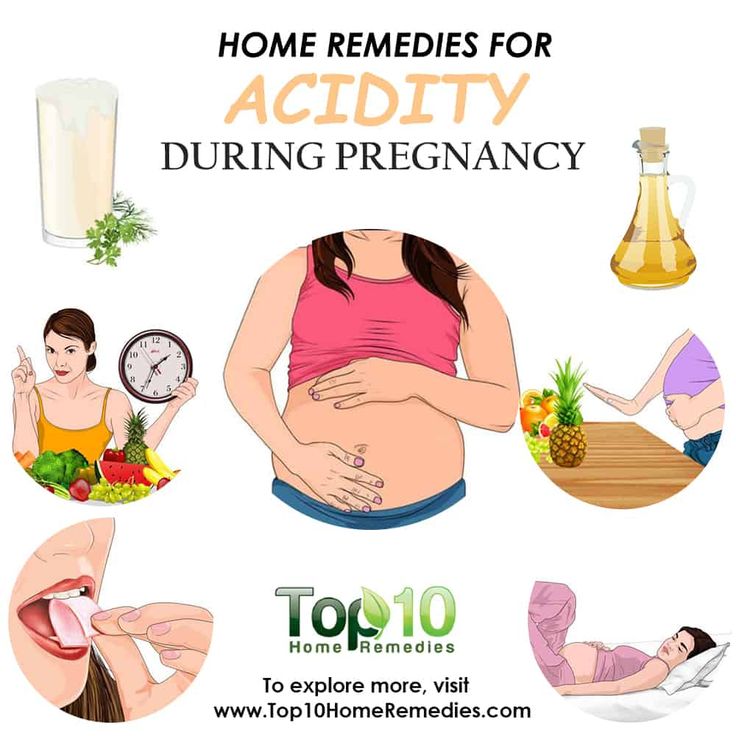 For occasional heartburn, use 15 ml or 1-2 tablets of Maalox® once . 4-6
For occasional heartburn, use 15 ml or 1-2 tablets of Maalox® once . 4-6
Symptoms of heartburn in pregnant women
Heartburn is an unpleasant sensation of burning, warmth behind the sternum, which can spread to the neck area 3 . The symptom may appear about an hour after eating. Often entails heartburn eating fried, spicy, fatty, sour foods, as well as overeating. Physical activity and changes in body position, such as leaning forward or lying down, may increase heartburn symptoms 3 . In pregnant women, heartburn is often accompanied by belching and difficulty swallowing 1 .
Heartburn is an unpleasant sensation of burning, warmth behind the sternum, which can spread to the neck 3 . The symptom may appear about an hour after eating. Often entails heartburn eating fried, spicy, fatty, sour foods, as well as overeating.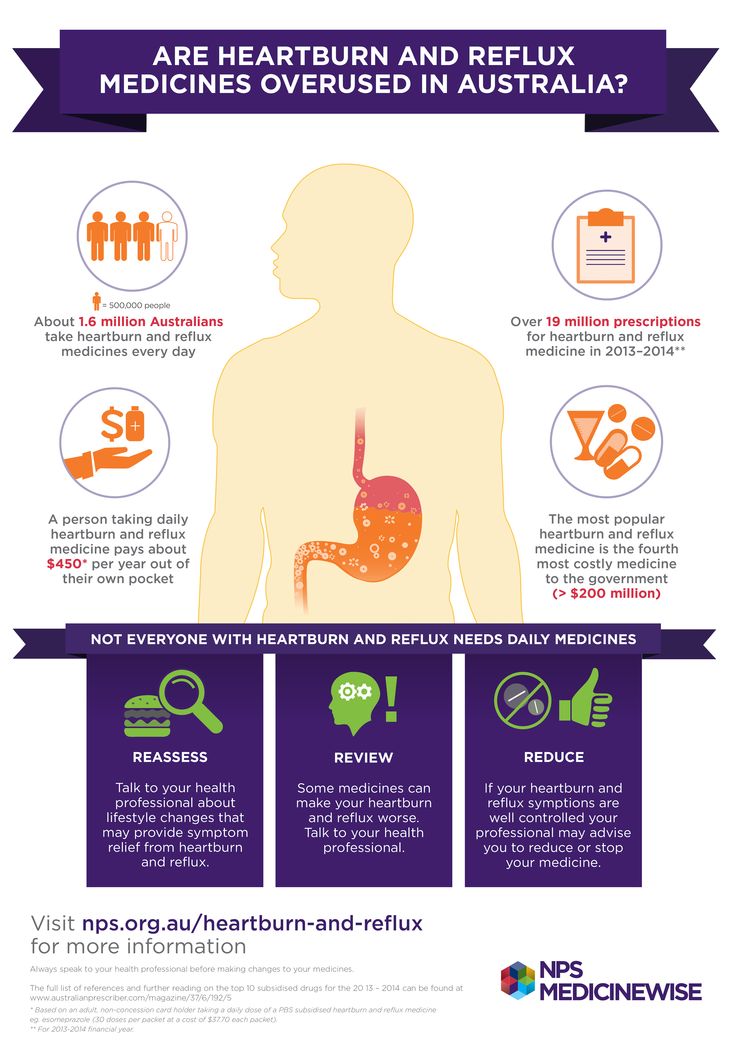 Physical activity and changes in body position, such as leaning forward or lying down, may increase heartburn symptoms 3 . In pregnant women, heartburn is often accompanied by belching and difficulty swallowing 1 .
Physical activity and changes in body position, such as leaning forward or lying down, may increase heartburn symptoms 3 . In pregnant women, heartburn is often accompanied by belching and difficulty swallowing 1 .
Why is heartburn dangerous in pregnant women?
Heartburn that occurs during pregnancy may increase the chance of developing GERD after childbirth. Moreover, the risk of developing the disease is proportional to the number of births. It was noted that in the presence of heartburn in the 1st pregnancy, GERD subsequently develops in 17.7% of women , and two pregnancies with heartburn increase this figure to 36% 2 .
It is important to note that if heartburn occurs during pregnancy, it is imperative to consult a doctor, since heartburn can manifest other diseases of the digestive system, including severe pathology of the gestation period - acute fatty liver of pregnant women. In this case, heartburn is short-lived at first, then its intensity and duration increase, accompanied by painful swallowing of not only food, but also liquids. Heartburn in this case is often accompanied by vomiting of the color of "coffee grounds", weakness, lethargy. Such a dangerous condition requires close medical attention and control 1 .
In this case, heartburn is short-lived at first, then its intensity and duration increase, accompanied by painful swallowing of not only food, but also liquids. Heartburn in this case is often accompanied by vomiting of the color of "coffee grounds", weakness, lethargy. Such a dangerous condition requires close medical attention and control 1 .
Heartburn that occurs during pregnancy may increase the chance of developing GERD after childbirth. Moreover, the risk of developing the disease is proportional to the number of births. It has been noted that in the presence of heartburn in the 1st pregnancy, GERD subsequently develops in 17.7% of women , and two pregnancies with heartburn increase this figure to 36% 2 .
It is important to note that if heartburn occurs during pregnancy, it is imperative to consult a doctor, since heartburn can manifest other diseases of the digestive system, including severe pathology of the gestation period - acute fatty liver of pregnant women.
